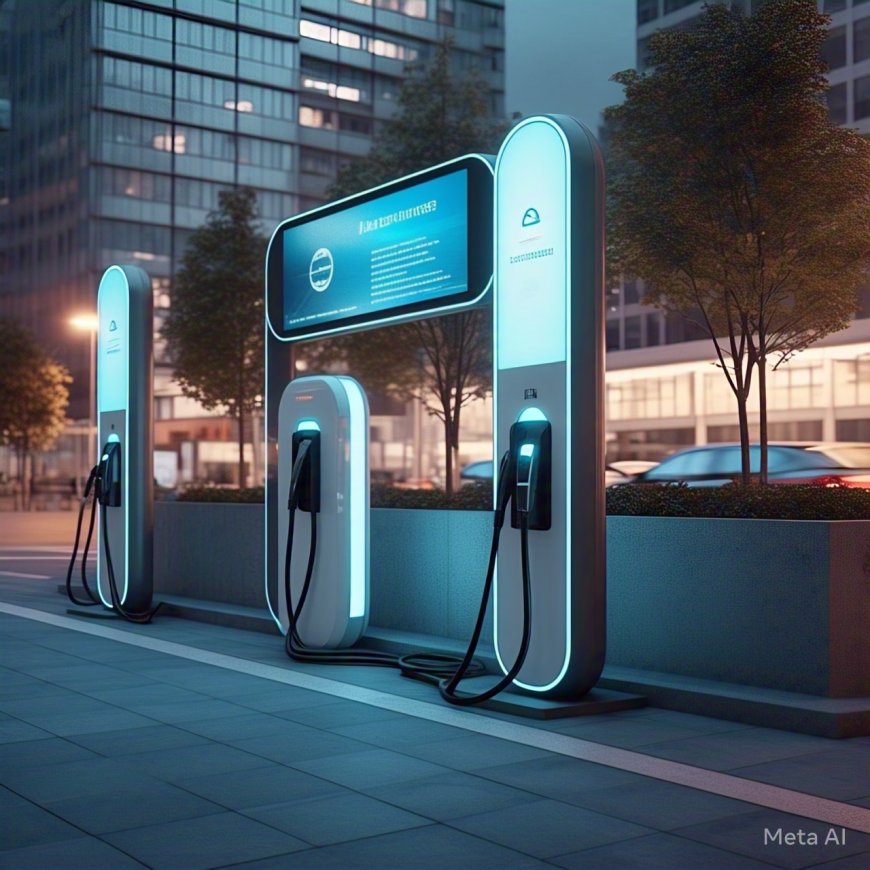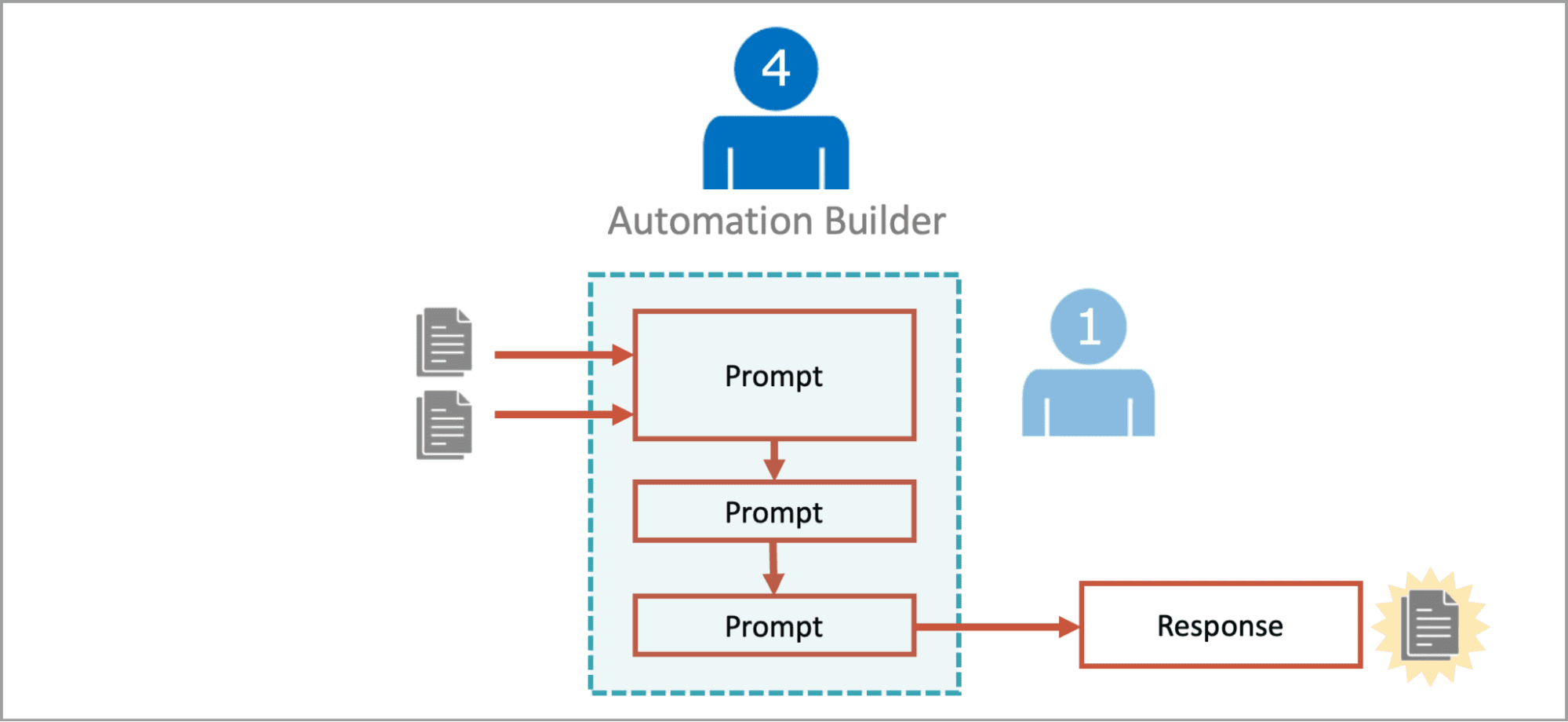Electric Vehicle (EV) Charging Station Market Insights 2025-2033| Growth & Opportunity Analysis
The global Electric Vehicle (EV) Charging Station Market is set to witness exponential growth, projected to surge from USD 31.91 billion in 2024 to approximately USD 258.53 billion by 2033, growing at a CAGR of 26.17%

Press Release: Electric Vehicle (EV) Charging Station Market Size to Reach USD 258.53 Billion by 2033, Driven by Soaring EV Adoption and Infrastructure Innovation
May 2025 | Market Intelligence Report
The global Electric Vehicle (EV) Charging Station Market is set to witness exponential growth, projected to surge from USD 31.91 billion in 2024 to approximately USD 258.53 billion by 2033, growing at a CAGR of 26.17% during the forecast period 2025–2033. This growth is fueled by rapid EV adoption, robust government policy support, technological innovations, and increased investments in green mobility infrastructure worldwide.
Market Summary
As global transportation shifts toward sustainable alternatives, electric vehicles are becoming mainstream. Consequently, the demand for efficient, accessible, and smart EV charging infrastructure is rising. EV charging stations are critical to supporting this revolution, offering seamless energy delivery at homes, workplaces, highways, and urban centers.
EV Charging Infrastructure Market Highlights
|
Feature |
Details |
|
Base Year |
2024 |
|
Forecast Period |
2025–2033 |
|
Market Size (2024) |
USD 31.91 Billion |
|
Market Size (2033) |
USD 258.53 Billion |
|
CAGR (2025–2033) |
26.17% |
EV Charging Station Market Outlook
EV charging stations are categorized by power levels:
- Level 1 (Standard AC Charging)
- Level 2 (Faster AC Charging – ideal for home and workplace)
- Level 3 / DC Fast Charging (Supercharging – for highways and commercial areas)
These stations enable the growing EV population to charge efficiently and support emission reduction efforts. Integrated with smart grids, they play a vital role in energy optimization and sustainability.
Key Growth Drivers
1. Rapid Adoption of Electric Vehicles Globally
Electric vehicle sales continue to rise, with BloombergNEF projecting 16.7 million EVs to be sold in 2024, up from 13.9 million in 2023. Governments offer EV subsidies, tax credits, and zero-emission mandates, creating massive demand for charging infrastructure. Consumers prefer EVs for cost savings, environmental impact, and innovation—necessitating dense and fast-charging networks.
2. Supportive Government Policies & Funding
Governments globally are funding EV infrastructure through public-private partnerships, grants, and mandates.
- United States: Offers up to USD 7,500 in federal tax credits per EV; NEVI Program funds national EV charging corridors.
- Canada: Targets 100% zero-emission light-duty vehicle sales by 2040.
- Europe: Aggressive net-zero and EV mandates drive infrastructure expansion.
Such policies fast-track charging station deployment and accessibility.
3. Technological Innovations Fuel Market Expansion
Cutting-edge innovations like ultra-fast chargers, wireless charging, V2G (vehicle-to-grid) tech, and AI-enabled smart chargers are transforming the user experience.
- Leviton, in 2023, launched a series of Level 2 chargers with smart control via the My Leviton app (32–80 amp models).
These solutions enhance convenience, optimize power use, and enable predictive maintenance, paving the way for future-ready EV infrastructure.
Market Challenges
1. High Initial Investment & Maintenance Costs
Establishing EV charging stations—especially DC fast chargers—requires substantial capital, including electrical hardware, land, permitting, and connectivity. For smaller operators and emerging markets, these costs are barriers to rapid adoption.
2. Limited Grid Infrastructure and Load Management
The current electric grid in many regions is not fully equipped to support high-density EV charging, especially during peak hours. Upgrading power infrastructure and integrating renewable energy sources remains costly and time-consuming.
Segmental Analysis
By Charging Type
- AC Charging Stations dominate in residential and commercial segments due to cost-efficiency and suitability for overnight charging.
- DC Fast Chargers are expanding across highway corridors and urban centers for rapid recharging.
By Charger Capacity
- 11kW–50kW Chargers (Level 2): Balance speed and affordability; widely deployed in offices, parking lots, and apartment complexes.
- Above 50kW (Level 3/DC): Ideal for fleets, highways, and commercial hubs.
By Deployment
- Private Charging Stations (homes, fleets): Driven by consumer convenience and smart home integration.
- Public Charging Stations: Backed by government funding and strategic location planning.
Regional and Country-Level Insights
United States
The U.S. leads in infrastructure buildout, supported by federal initiatives like NEVI. Key states such as Michigan are rolling out fast-charging corridors. Private firms and utilities are investing heavily to meet rising demand.
In December 2024, Michigan opened its first NEVI-funded EV charging station, reflecting the momentum of the clean mobility transition.
France
France aims for carbon neutrality by 2050, with substantial investments in EV infrastructure. Both residential and highway charging are supported by incentives.
TotalEnergies launched a flagship EV service station in Paris (Dec 2024), marking a significant milestone in urban EV infrastructure.
India
India’s EV charging station market is bolstered by FAME schemes, state EV policies, and private-sector innovation.
In September 2024, Thunder Plus partnered with India Post to install its first public EV charging station at Sainikpuri Post Office, Hyderabad.
Saudi Arabia
Saudi Arabia is transforming its transport sector under Vision 2030, emphasizing EVs and charging infrastructure.
E-FILL, the country’s largest charging network, announced new high-speed chargers in January 2025, enhancing regional accessibility.
Brazil
With rising fuel prices and environmental awareness, Brazil is scaling up its EV infrastructure, backed by tax incentives and public-private collaboration. Urban centers are primary beneficiaries of DC and AC charging station rollouts.
EV Charging Market Segmentation (2025–2033)
- By Charger Type: Slow Charger, Fast Charger
- By Charging Type: AC Charging, DC Charging
- By Installation Type: Fixed, Portable
- By Connector: CHAdeMO, CCS, Others
- By Level of Charging: Level 1, Level 2, Level 3
- By Connectivity: Connected, Non-connected
- By Deployment: Private, Public
- By Application: Commercial, Residential
- By Region/Country: U.S., Canada, Germany, France, India, Saudi Arabia, Brazil, China, etc.
Key Companies in the EV Charging Station Market
- Tesla Inc.
- ChargePoint Holdings Inc.
- ABB Ltd.
- EVBox
- Siemens AG
- Blink Charging Co.
- Tritium DCFC Ltd.
- Leviton Manufacturing Co., Inc.
- BP Pulse
- Shell Recharge
Conclusion
The global EV charging station market is entering a high-growth phase with transformative potential for mobility, sustainability, and energy. As EV adoption accelerates and infrastructure investment intensifies, stakeholders—including governments, tech developers, and utility providers—must collaborate to build a robust, efficient, and future-proof charging ecosystem.
About the Company:
Renub Research is a Market Research and Consulting Company. We have more than 15 years of experience especially in international Business-to-Business Researches, Surveys and Consulting. We provide a wide range of business research solutions that helps companies in making better business decisions. We partner with clients in all sectors and regions to identify their highest-value opportunities, address their most critical challenges, and transform their businesses. Our wide clientele comprises major players in Healthcare, Travel and Tourism, Food Beverages, Power Energy, Information Technology, Telecom Internet, Chemical, Logistics Automotive, Consumer Goods Retail, Building, and Construction, Agriculture. Our core team is comprised of experienced people holding graduate, postgraduate, and Ph.D. degrees in Finance, Marketing, Human Resource, Bio-Technology, Medicine, Information Technology, Environmental Science, and many more.
Media Contact:
Company Name: Renub Research
Contact Person: Rajat Gupta, Marketing Manager
Phone No: +91-120-421-9822 (IND) | +1-478-202-3244 (USA)
Email: mailto:rajat@renub.com



















































































































































